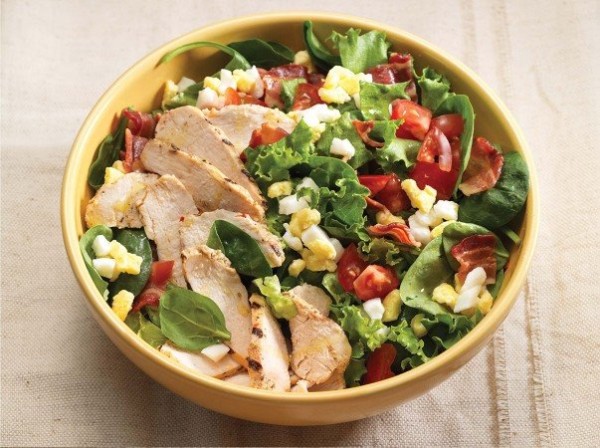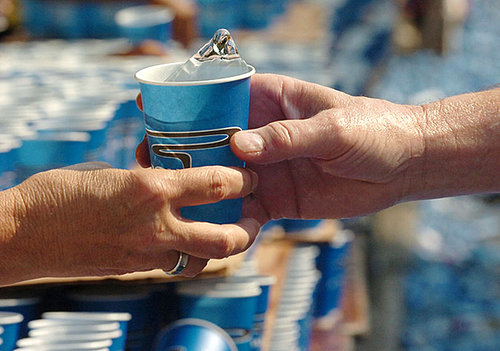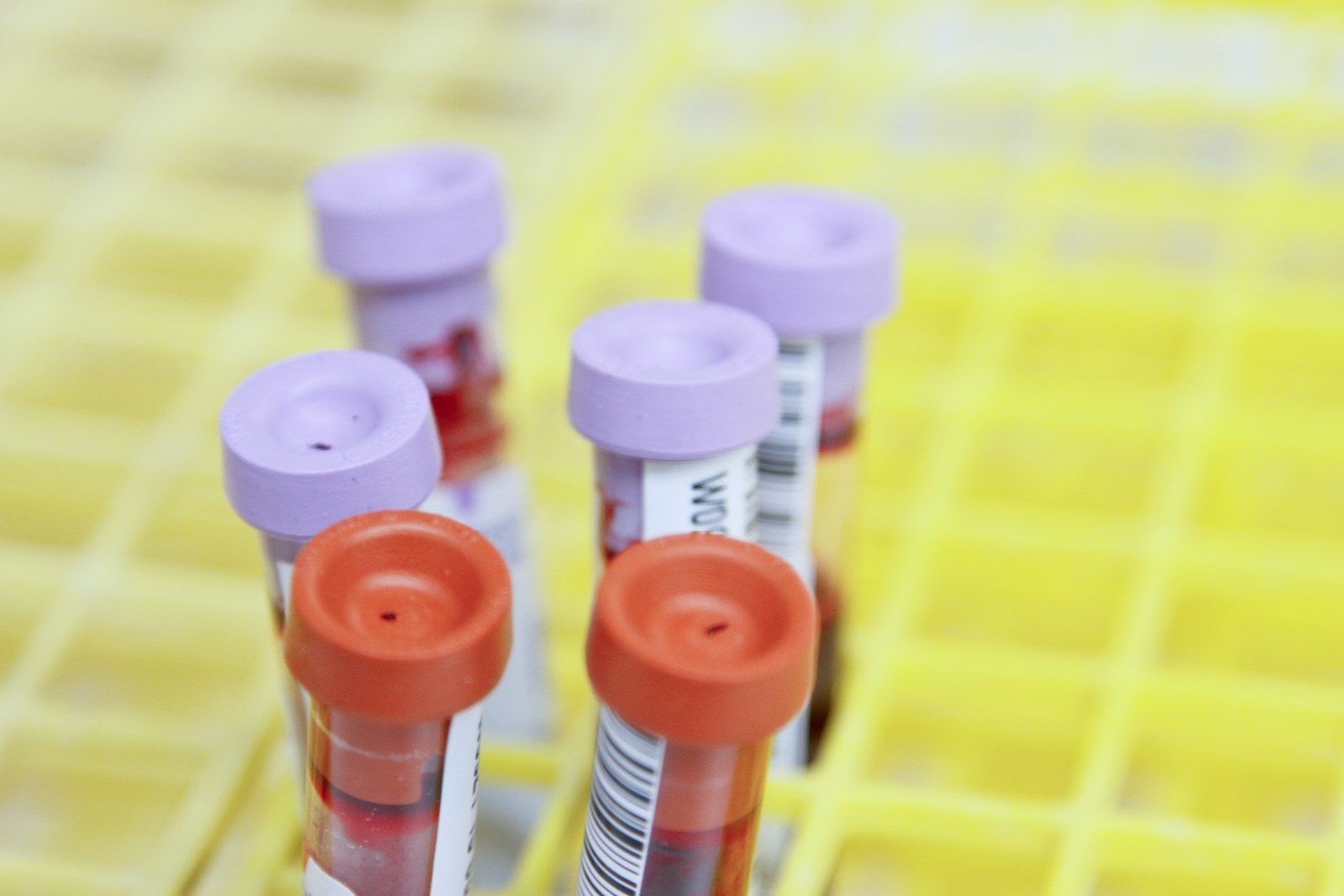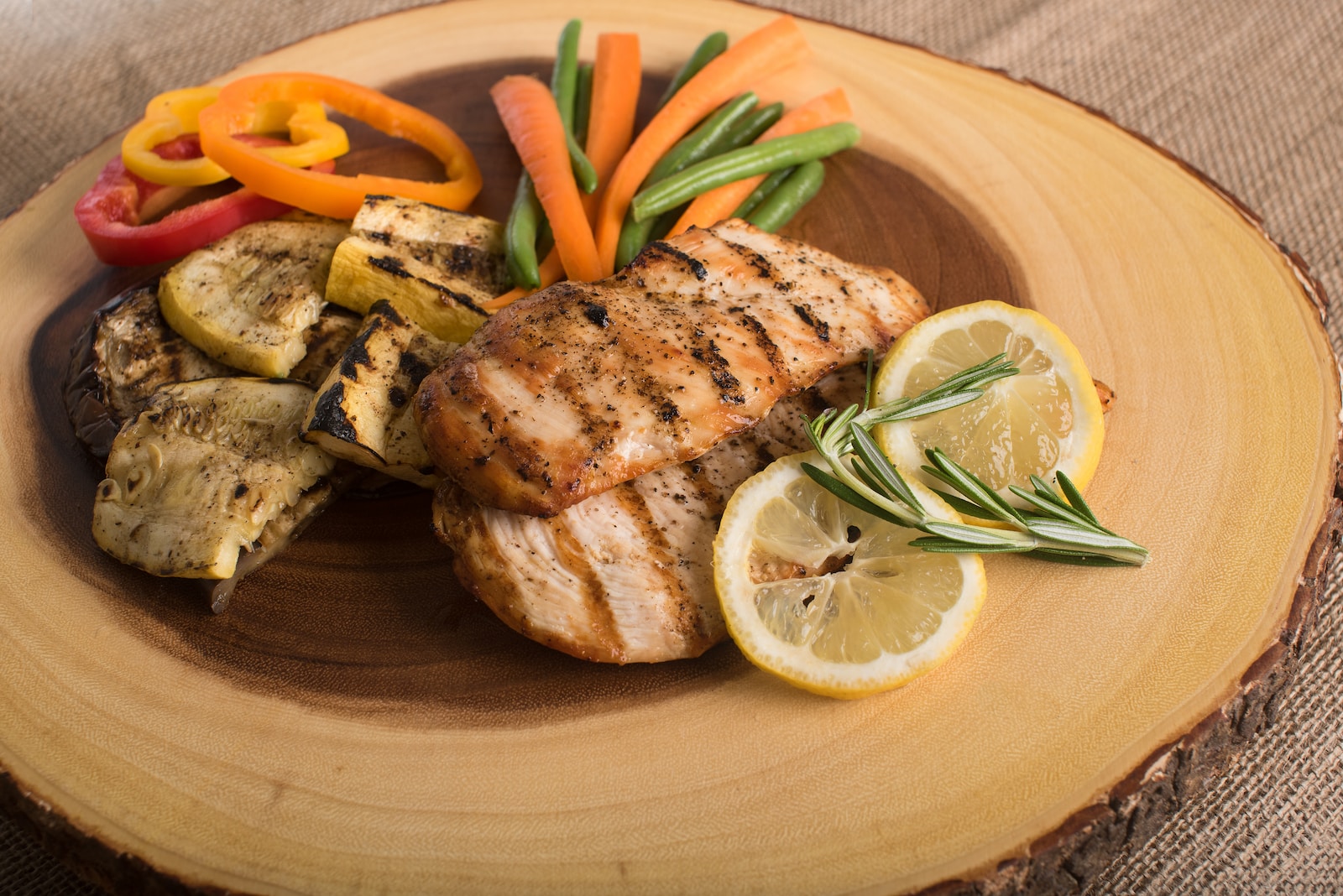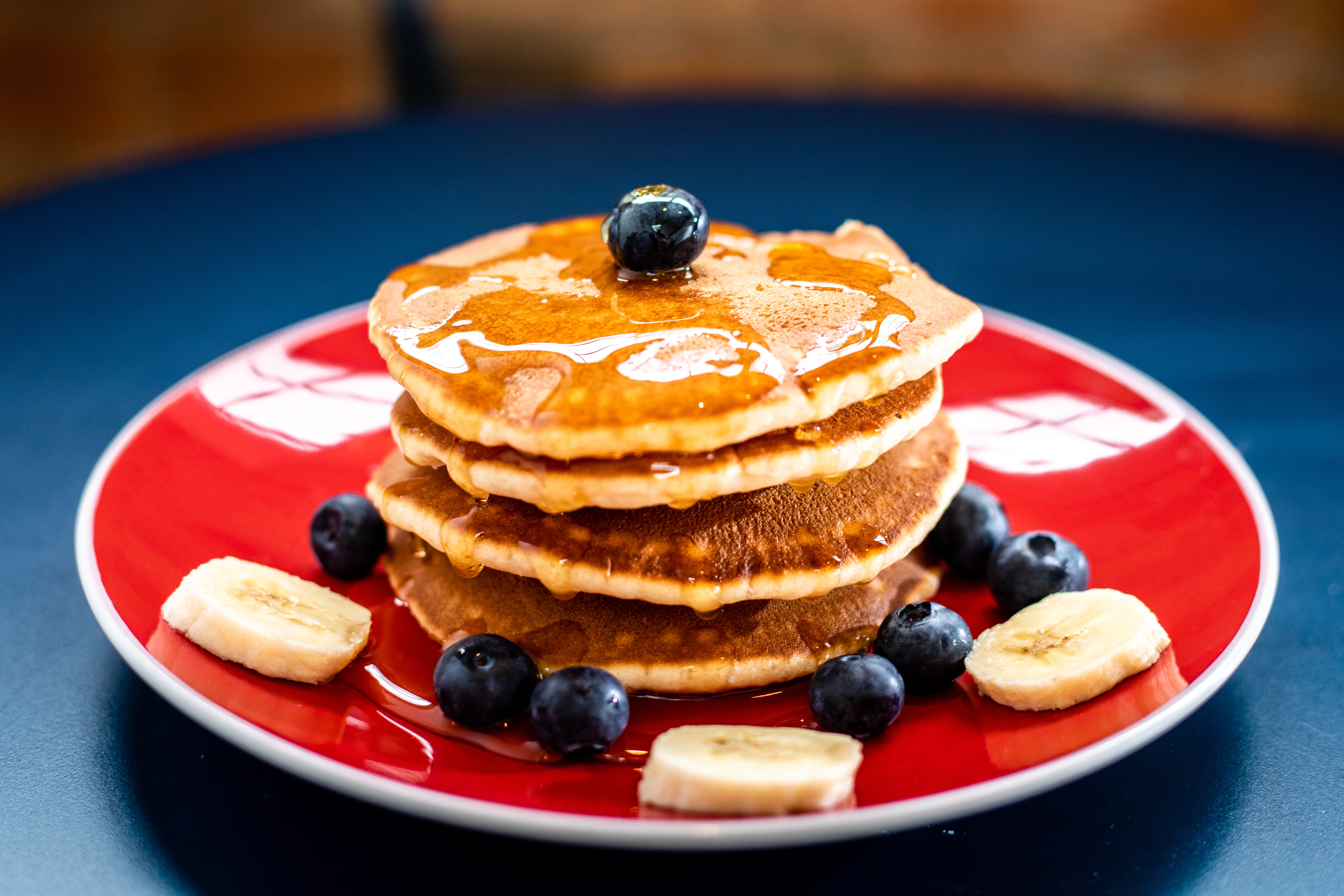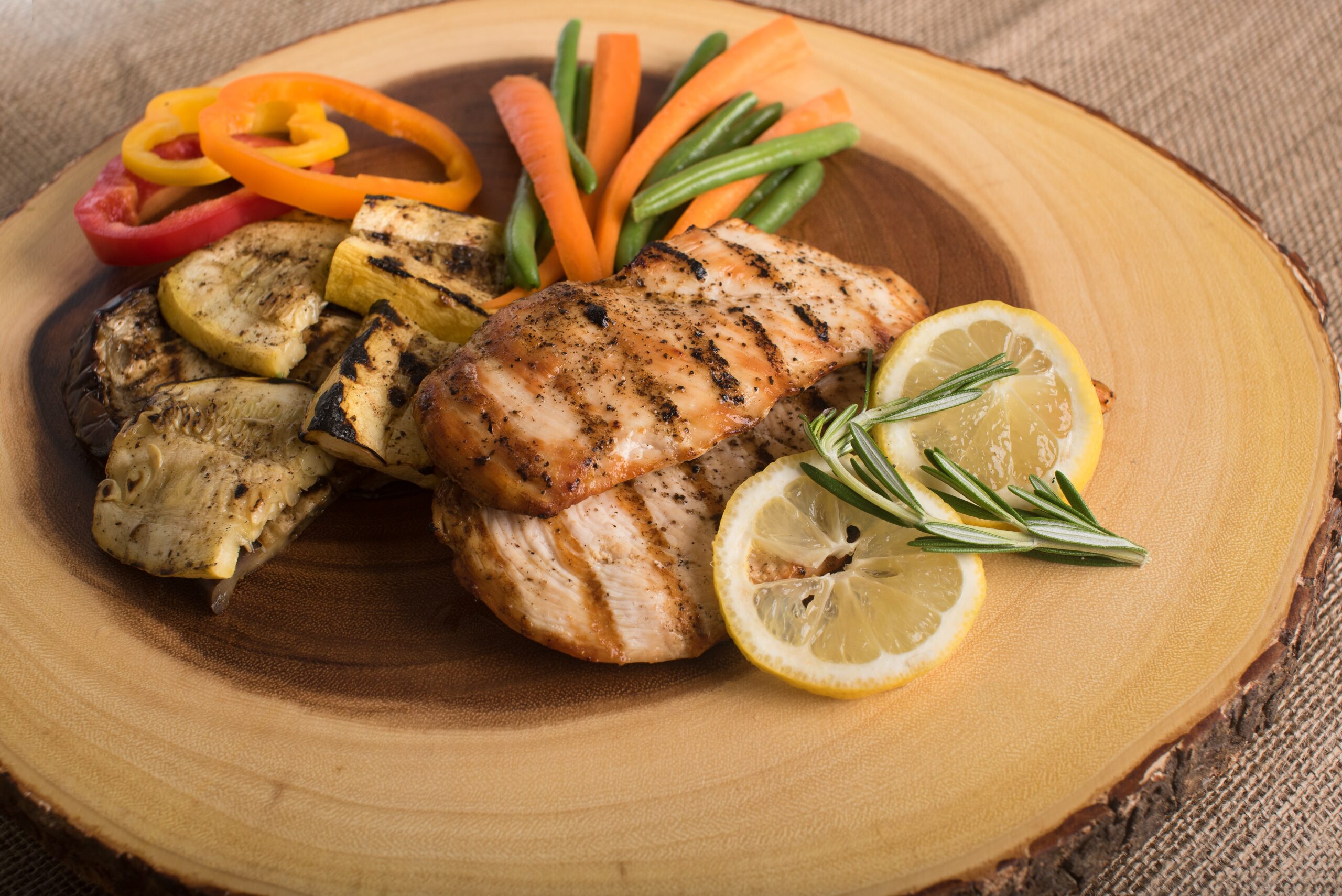The Power of Real Food
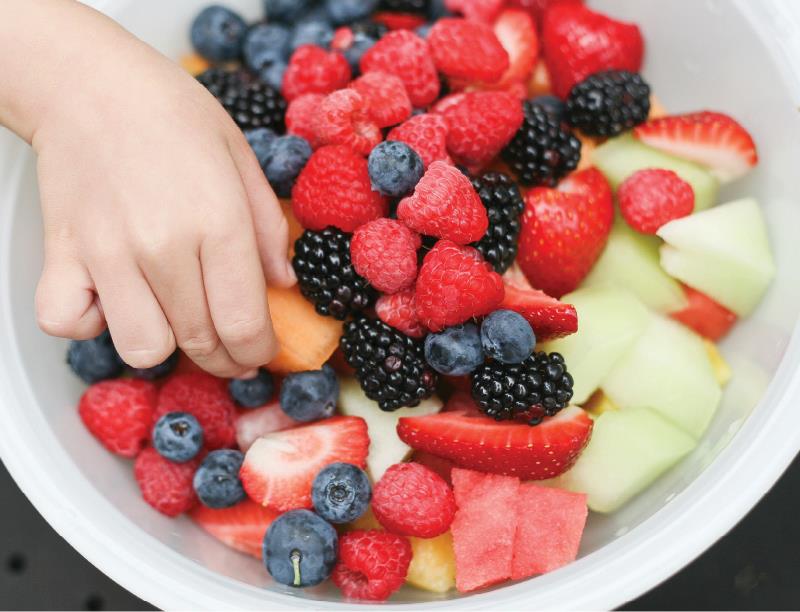
The Power of Real Food
I often get these questions: “Which sports bar or fuel replacement is best?” “For recovery, which sports nutrition drink mix should I buy?”
It’s no surprise these are frequently asked questions; sports nutrition companies are doing a great job marketing their billion-dollar businesses. Their products are in every sports store, sold on websites, and probably in your pantry. Now, don’t get me wrong, I use sports nutrition supplements and am a member of the PowerBar Elite Team. I proudly use their products when training in season. There’s a time and place for these products, which I’ll get into, but never use them in place of real food.
Here are a few points to remember about fueling:
#1) You can’t out-train a bad, unbalanced diet.
A common belief that if you work out regularly or put in long training hours, you can pretty much eat what you please. Not true. The cookies, pastries, and cakes that are common reward foods are calorically dense and void of nutrients. They are doing zero good for your body. To add insult to injury, these foods result in blood sugar and hormone imbalances, which turn off fat burning, promote fat storage, and begin a roller coaster ride of cravings for the remainder of the day.
#2) Consider the power of food to fuel your active lifestyle.
Whether you are a regular power walker, spin class participant, runner, or triathlete of any distance, you ask a lot of your body, and expect it to get stronger, faster, and fitter. This doesn’t just happen magically. It takes the proper fuel, training plan, and recovery to adapt to the physical demands of workouts. Whole foods, not processed/prepackaged foods, are more efficiently absorbed and used by the body.
#3) Fuel your body with the proper food pairings.
To help keep blood sugars stable, thus decreasing food cravings and increasing satiety, it is best to eat a combination of carbs, lean protein, and healthy fat. Your body needs all three of these macronutrients on a daily basis, at each meal/snack if possible.
#4) Eat frequently and around workouts.
Limiting food intake during the day only to cave at night to your starving body will not yield a desired result. First, you can’t trick your body. One way or another, it will demand food. If you wait until you are starving, your food choices are likely to be unhealthy, nutritionally void, and calorically dense. Second, you are eating defensively rather than offensively. Try eating breakfast daily, eat every 3-4 hours during your waking time, and eat around workouts to ward off late-day cravings. You’ll feel better, have more energy, and be pleasantly surprised to notice the cravings diminish.
#5) Eat food instead of pills, potions, and powders.
Yes, it feels good to buy a new nutritional supplement because we are doing something healthy for the body. However, the body more effectively absorbs vitamins and minerals from real food rather than from products made in a factory. Real food is also more economical. Instead of mixing up a protein shake from a powder, use Greek yogurt, milk, fruit, spinach, kale—whatever you like. Not only will you get plenty of protein, you’ll also get other micro and macronutrients that you would have missed out on had you just had that scoop of powder. Save your money for an aero helmet.
#6 How about those sports nutrition products?
So, how do bars, powders, and gels fit into your life? Use them when you are in season, prepping for a race and training your body to absorb nutrients at race pace. They can help to ward off GI distress and ensure that you are properly fueled and hydrated to maintain optimal performance for the length of your race. These products don’t replace meals, but they do fuel your body to execute training sessions that mimic your goal race.

